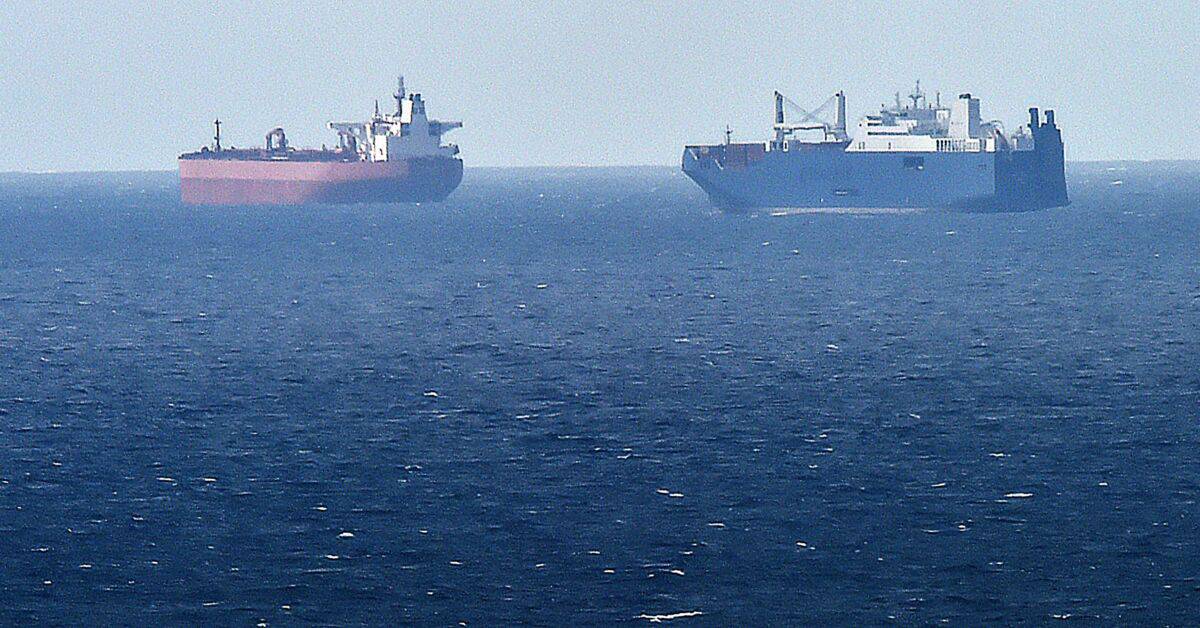London, United Kingdom — Member states of the Intentional Maritime Organization (IMO) voted in favor of a global pricing system to help curb maritime emissions, the UN shipping body announced on Friday.
From 2028, all ships will be required to use a less carbon-intensive fuel mix, or face financial penalties — but the system is deemed by Pacific Island states as insufficiently ambitious.
The initial agreement comes after a week of negotiations in London to decide which mechanism to adopt to reach carbon neutrality in shipping by 2050.
Those who do not meet the guidelines will have to pay annually for every ton of greenhouse gas emissions that exceeds the targets set.
The IMO said the funds raised will be used to “reward” zero or near-zero greenhouse gas emissions technologies and to financially support developing countries to transition to lower-emissions shipping.
A majority of members, 63 states, voted for the carbon pricing system, including the European Union, Brazil, China, India and Japan.
Sixteen states voted against the measure, including major oil producers like Saudi Arabia, Russia and the United Arab Emirates.
Notably, Pacific Island states abstained from the vote, deeming it insufficient to meet decarbonization goals.
Island nations in the Pacific and Caribbean, particularly vulnerable to the effects of climate change, supported a more ambitious universal carbon levy on maritime transport.
The United States did not participate in the vote.
Shipping accounts for nearly three percent of global greenhouse gas emissions, according to the IMO.
“This is a groundbreaking moment for the shipping industry, which should signal a turning of the tide on greenhouse gases from global shipping,” Mark Lutes, senior advisor at the NGO World Wildlife Fund for Nature, said in a statement.
“However, key aspects of this agreement fall short of what is needed and risk blowing the transition off course,” he added.
The carbon pricing measure must now be formally adopted at an IMO assembly in October.








